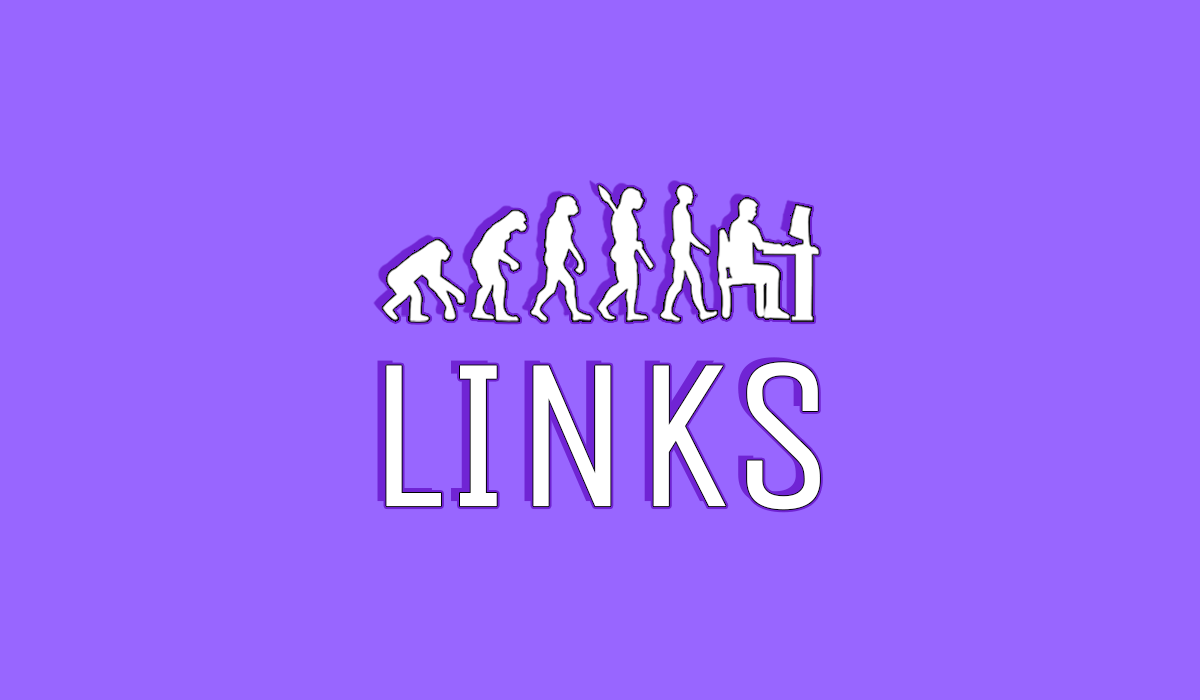LINKS - June 8th, 2022
Welcome to LINKS — my attempt to provide Rhapsody readers with five interesting stories that tell us something about what it means to be human. LINKS is published every Wednesday. Have a link you want to share? Drop it in the comments.
Can you really do more than what duty requires?
By Roger Crisp, The New Statesman
“Most think it’s possible to “go beyond” your moral duty. Imagine you’re one of the thousands of people who have taken the Giving What We Can pledge to donate 10 per cent of their income to charities. It’s unlikely anyone would blame you for not giving any more, since it looks as if you’re already fulfilling any plausible duty of beneficence. But what if you now start giving 50 per cent? This is not your duty, but of course you won’t be criticised for doing more. You will be praised for going beyond – way beyond – your duty.
“This notion – that we can go beyond duty in a praiseworthy way – is central to our contemporary conception of morality, and it has a name rarely heard outside philosophy and theology: supererogation (erogare is Latin for “to pay out”, super for “beyond”).”
We are finally starting to understand brain fog and how to treat it
“Brain fog – which encompasses memory problems, lack of mental clarity and an inability to focus – had eluded scientific scrutiny until covid-19 thrust it into the spotlight. Now, we're starting to learn more about what exactly it is and how we can beat it.”
What Does It Mean to Lose a World?
By Aidan Seale-Feldman, Anthropology News
“As our present is increasingly defined by cascading disasters, rising temperatures, and global pandemics, there has been a growing acknowledgement of the relationship between environment and mental health. Terms like solastagia and eco-anxiety have entered into the English lexicon as ways of speaking about ‘earth emotions’—the emotional impact of environmental crisis and the grief, experienced or anticipated, that accompanies loss of place in a rapidly transforming planet. Perhaps one answer to the anxiety, the fear, the existential dread is to rethink the meaning of ‘world’ entirely. Instead of imagining that a world is something that can be possessed and lost, we might consider a Himalayan philosophy that always already understood the futility of grasping.'“
“I Have to Admit, I Have a Very Low Opinion of Human Beings”
“‘I have to admit,’ Cajal wrote in a new weekly newspaper, founded so that prominent intellectuals could share their views on the war, ‘I have a very low opinion of human beings.’ As the ‘last hunter animal,’ he wrote, we retain the ‘foul instincts’ of beasts. ‘Our nerve cells continue to react in the same way as in the Neolithic Age,’ he lamented. Because of ‘evolutionary resistance,’ an ‘excruciating biological fact,’ Cajal claimed that war will never be eradicated. All that civilization can hope to do is prolong the intervals of peace, but the ‘destructive phase’ will always return, with each war becoming more horrifying. ‘In about twenty or thirty years, when the orphans of the present war will be men, the same stupendous massacre will be repeated,’ he predicted with chilling accuracy. Suddenly, Cajal realized that the brain was not perfecting itself by evolution, as he had once believed. ‘Our descendants will be as putrid as we are,’ he concluded.”
New research indicates that romantic successes and failures can have profound impacts on how men think
By Eric W. Dolan, PsyPost
“Thus, the main take away from this study is that women’s socio-political attitudes do not seem to be affected by dating popularity, whereas men’s dating popularity causes changes in men’s positive emotions and these changes in turn can shift some, although not all, of men’s socio-political attitudes,” Luberti said.




